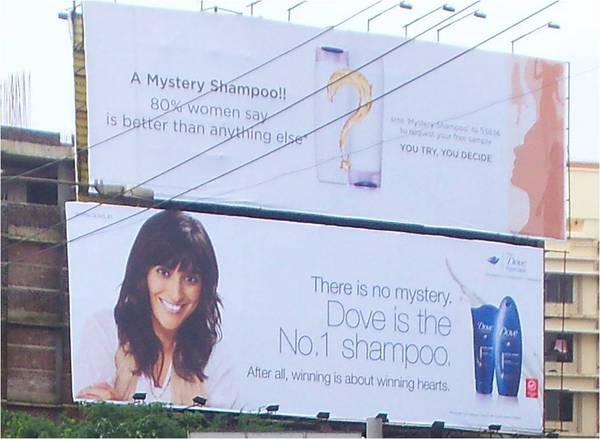When I first heard the term ‘Ambush Marketing’ I was curious to know what it actually means. To put it harshly, it is but a marketing technique where big corporations cash in on some major event and/or trend without paying sponsorship fees.
You must be wondering but how is that possible? Let me elaborate with an example.
Ambush marketing was first witnessed in India during 1996 cricket world cup held in the Indian Sub-continent. Coca Cola was the official sponsor of the event and they paid INR 40 crores as sponsorship fees. Pepsi single-handedly countered their world cup campaign by releasing an ad campaign with the tagline ‘Nothing official about it’. This campaign by Pepsi caught the imagination of the audience and struck a chord with them. Pepsi also signed a string of cricketers for this campaign and as part of their contracts told them not to approach coke advertised trolleys during the drinks break. Thus, thanks to ambush marketing, Pepsi outshone the official sponsors and emerged the ‘official’ winner.
From there, ambush marketing just took off…
Pepsi paved the path and many more brands followed their example. The episode with Jet Airways, Kingfisher Airlines and Go Air is a remarkable example of Ambush Marketing.
The events transpired as follows:
- Jet Airways put up a hoarding that read, “We have changed”,
- Kingfisher Airlines countered that by adding a hoarding above which read, “We made them change”
- Finally Go Air put a banner above these two which read, “We’ve not changed!”
This sure created for a comical scenario. Nonetheless, all brands managed to get their point across and register the same with the audience.
Another example of ambush marketing is what happened between Hindustan Unilever and Procter & Gamble (P&G). P&G launched an advertising campaign for the re-launch of Pantene with the tagline that read, ‘A mystery shampoo. Eighty percent women say it is better than anything else they’ve used.’
A few days after the release of this campaign and before P&G could unveil this ‘new’ shampoo, Hindustan Unilever ambushed the ad by placing an adjacent hoarding with the tagline ‘There is no mystery, Dove is the No. 1 shampoo’. Brilliant, eh?
Of late, India has witnessed a rise in the number of ambush marketing cases. It is to be seen everywhere now; be it on hoardings and banners or TVCs. Given its rise, one can ask whether ambush marketing is ethical or not. My personal opinion is that the question of ethics doesn’t arise. Ambush marketing is being practiced because of the fierce competition, and the need to have constant connect with the TG. For that, the companies are always in search for ways and means to outsmart their competitors. As long as no harm is done, ambush marketing makes for good entertainment for the audience and brownie points for the brand.
A final point I’d like to make here is that ambush marketing is good for the advertising industry. When done within legal boundaries it promotes clever advertising. (In India, there is almost no protection against indirect ambush marketing. However, for direct ambush marketing, there are several laws like The Trade Practices Act, the Trade Marks Act, The Copyright Act, The Counterfeit Goods Act and the Merchandise Marks Act.) It drives both agile and creative behaviour amongst marketers and also induces a fresh new buzz into the product category. Brands of shampoo don’t normally set our pulse racing, but the scuffle between Dove and Pantene certainly captured our mind space and imagination.



